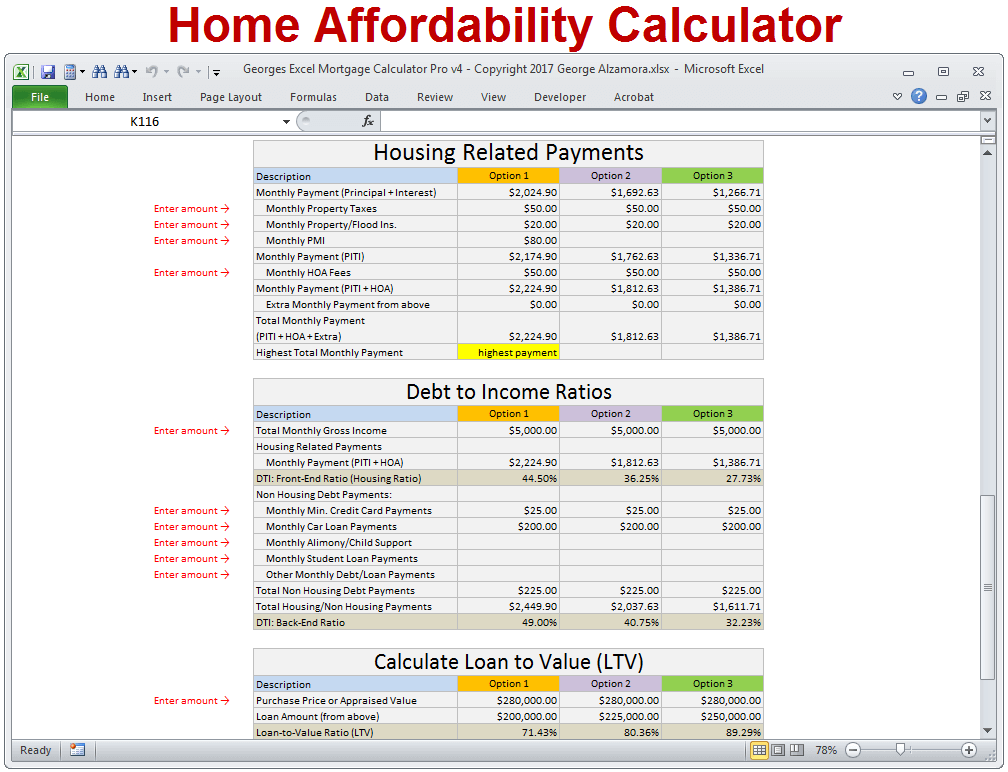Table of Content
Your adjusted basis for figuring a loss is the FMV of the property at the time the donor made the gift, increased or decreased by any required adjustments to basis while you held the property. You must determine the holding period to determine if the capital loss is short term or long term . Treat worthless securities as though they were capital assets sold or exchanged on the last day of the tax year.

Reductions in cost basis occur when you receive a return of your cost. For example, you purchased a house for $250,000 and later experienced a loss from a fire. Your home insurer issues a payment of $100,000, reducing your cost basis to $150,000 ($250,000 original cost basis - $100,000 insurance payment). You may qualify to exclude from your income all or part of any gain from the sale of your main home. Your main home is the one in which you live most of the time. At closing, you’ll pay taxes prorated up to the closing date .
Use 1031 Exchanges to Avoid Taxes
Plus, if you partner with a South Florida property management firm, you can put repairs, maintenance, and more on autopilot. You’ll have a responsible team by your side, one that can guarantee that your property is being properly managed by the pros. Remember, your property’s basis will be based on the value at the moment that you inherited it. So, if you sell it immediately, the value won’t go up at all. The basis will be the same, and since you’ll likely sell it at its market value, you won’t be able to profit from it.

Keep receipts and records of any improvements you made to the home to help reduce the total amount of your taxable gains. Certain types of home improvements can be added to your cost basis and will reduce the amount of reported gain. The TRA provides that anyone, regardless of their age, can exclude up to $250,000 in gains on the sale of a home, and a married couple filing jointly can exclude up to $500,000. This means that most people will pay no tax on the sale of their home unless they lived there for less than two out of the last five years. Most property taxes are paid in arrears, which means you pay after the fact for charges that are already accrued. And most property taxes are charged on a twice-yearly basis, so it’s likely you’ll have to pay a prorated portion of your six-month tax bill at closing.
Do you pay capital gains if you lose money on a home sale?
A monetized installment sale is a complex arrangement that’s often touted as a viable strategy to reduce capital gains taxes. In May 2021, the IRS released a document calling the transactions “problematic” and highlighting six ways certain MIS deals may not provide the tax benefits being sought. The ordinary income that you should report in the year of the sale is the amount by which the FMV of the stock at the time of purchase exceeds the purchase price.
The amount of any gift tax paid on the gift(Form 709, United States Gift (and Generation-Skipping Transfer) Tax Return). The donor'sadjusted basisjust before the donor made the gift. Report the amount shown in box 2a of Form 1099-DIV on line 13 of Schedule D , Capital Gains and Losses. If you have no requirement to use Schedule D , report this amount on line 7 of Form 1040, U.S. Review the Instructions for Form 1040 (and Form 1040-SR) for more information.
Live in the house for at least two years
Valid reasons include changes in employment, changes in health or any other unforeseen circumstance that makes it necessary for you to sell your home sooner than anticipated. The home must be your primary residence, not a secondary or vacation home. Your time of ownership doesn't have to be concurrent with the time you lived there. You already claimed the $250,000 or $500,000 exclusion on another home in the two-year period before the sale of this home.

Just as you pay income tax and sales tax, gains from your home sale are subject to taxation. Use Schedule D , Capital Gains and Lossesand Form 8949, Sales and Other Dispositions of Capital Assets to report sales, exchanges, and other dispositions of capital assets. Your employer should report the ordinary income to you as wages in box 1 of Form W-2, Wage and Tax Statement.
This tax rate will depend on your income and be either 0%, 15%, or 20%. Whichever tax bracket you fall into, it will be less than the marginal tax rate for ordinary income. Investors who cannot qualify for the capital gains tax exemption still have options to save on taxes when selling an investment property. Use the Internal Revenue Service primary residence exclusion, if you qualify. For single taxpayers, you may exclude up to $250,000 of the capital gains, and for married taxpayers filing jointly, you may exclude up to $500,000 of the capital gains . Capital gains exclusions are attractive to many homeowners, so much so that they may try to maximize its use throughout their lifetime.
Get free, objective, performance-based recommendations for top real estate agents in your area. If you have a gain from the sale of your main home, you may be able to exclude up to $250,000 of the gain from your income ($500,000 on a joint return in most cases). The content on this site is not intended to provide legal, financial or real estate advice. It is for information purposes only, and any links provided are for the user's convenience.
A simple tax return is one that's filed using IRS Form 1040 only, without having to attach any forms or schedules. Most state real estate tax laws follow the same basic rules as the federal tax code, said Dr. Levine. So to get a complete tax picture, contact the tax department of the state where you own the property. Your taxes are based on a ratio of the profit versus the sale price.
Instead, you could choose to sell or lease your current primary residence, and move into your investment property for at least two years. That gives you plenty of time to spread out the construction costs and repairs timeline. How the IRS decides to tax the capital gains from your home sale is based on whether or not your capital gains are long term or short term.
If you sell after more than one year of ownership, your profits will be taxed as long-term capital gains, which have lower tax rates, ranging from 0–20%. If the home you’re selling is not your primary residence but rather an investment property you’ve flipped or rented out, avoiding capital gains tax is a bit more complicated. The best way to avoid a capital gains tax if you’re an investor is by swapping “like-kind” properties with a 1031 exchange. This allows you to sell your property and buy another one without recognizing any potential gain in the tax year of sale. Many homeowners avoid capital gains taxes when selling their primary home, but there are stipulations. First, you must have lived in the home for at least two of the last five years of ownership.

No comments:
Post a Comment